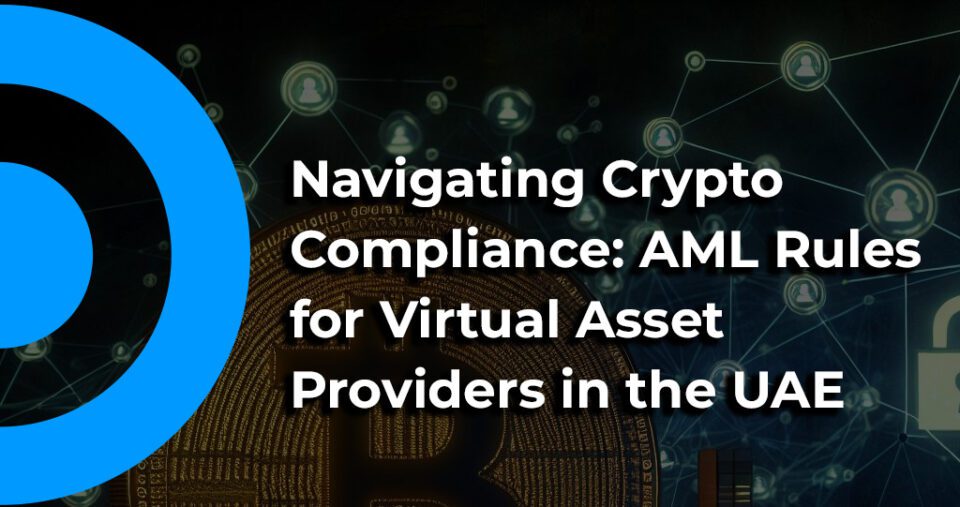
TCSP Licensing in Asia: Why Hong Kong Stands Out
August 2, 2024
MSO in Hong Kong: Fintech, Regulation & Future Trend
August 19, 2024
Understanding Hong Kong Crypto regulations Framework
Hong Kong has emerged as a significant player in the global crypto landscape. However, navigating the complex Hong Kong crypto regulations is crucial for businesses operating in this space. This article delves into the intricacies of Hong Kong’s crypto regulatory framework, providing insights for industry stakeholders.
The Regulatory Landscape
Hong Kong’s crypto regulatory landscape is characterized by a dynamic interplay between fostering innovation and protecting investors. Key regulatory bodies include:
- Securities and Futures Commission (SFC): Oversees the securities and futures market, including the licensing and regulation of crypto exchanges.
- Hong Kong Monetary Authority (HKMA): Focuses on banking and monetary policy, with a growing interest in the crypto space.
Read about the Hong Kong MSO Licence Process
Hong Kong’s Proactive Regulatory Stance
Hong Kong’s regulatory stance towards cryptocurrencies is characterized by a proactive approach aimed at fostering innovation while safeguarding against risks. Unlike some jurisdictions that have adopted stringent measures to curb crypto activities, Hong Kong has positioned itself as a progressive regulator, keen on harnessing the potential of blockchain technology while maintaining market integrity.
The regulatory environment, emphasizes the importance of understanding and complying with specific licensing requirements tailored to different aspects of crypto operations. Whether establishing trading platforms, managing digital assets, or providing brokerage services, businesses must navigate distinct regulatory obligations prescribed by the SFC.
Securities and Futures Commission (SFC) Oversight
Central to Hong Kong’s regulatory framework is the Securities and Futures Commission (SFC), tasked with overseeing the licensing and supervision of financial markets, including cryptocurrencies. The SFC’s mandate extends to ensuring that entities engaged in crypto activities acquire the necessary licenses to operate legally within the jurisdiction. This oversight not only promotes transparency but also enhances investor protection and fosters market stability, crucial for maintaining Hong Kong’s reputation as a global financial center.
Types of Crypto Licences in Hong Kong
Hong Kong offers several types of licenses specifically tailored to different facets of crypto operations:
- Type 1 (Dealing in Securities): Required for entities involved in trading cryptocurrencies classified as securities.
- Type 7 (Providing Automated Trading Services): Essential for platforms offering automated trading of digital assets, ensuring compliance with operational standards.
- Type 9 (Asset Management): Necessary for managing digital assets on behalf of clients, adhering to fiduciary responsibilities and regulatory requirements.
Understanding these distinctions is pivotal for businesses aiming to establish a compliant operational framework in Hong Kong’s crypto sector. Each license type carries unique regulatory obligations that dictate operational practices and compliance measures, emphasizing the need for meticulous planning and strategic alignment with regulatory guidelines.
Compliance Requirements for Crypto Businesses
Compliance with Anti-Money Laundering (AML) and Know Your Customer (KYC) regulations is integral to operating within Hong Kong’s crypto ecosystem. Robust AML/KYC procedures are not only mandated by regulatory standards but also serve as critical safeguards against illicit activities such as money laundering and terrorist financing. By implementing stringent compliance measures, businesses can uphold regulatory integrity and mitigate associated risks effectively.
Benefits of Regulatory Compliance
Securing a crypto license in Hong Kong confers several advantages, including enhanced credibility, operational legitimacy, and access to a regulated market environment. Compliance with regulatory standards instills investor confidence and facilitates strategic partnerships with institutional stakeholders, fostering growth opportunities within the global Hong Kong crypto regulations landscape.
Challenges and Opportunities
- Regulatory Ambiguity: While the SFC has made strides in regulating the crypto industry, certain areas remain unclear, such as the classification of various crypto assets.
- Global Regulatory Convergence: Hong Kong’s regulatory framework must align with international standards to facilitate cross-border activities.
- Innovation vs. Regulation: Striking a balance between fostering innovation and ensuring investor protection is a key challenge.
- Talent Acquisition: Attracting and retaining skilled professionals with expertise in crypto and compliance is crucial.
Gain further insight on Consulting Services for Crypto Businesses in HK.
Implications for Crypto Businesses
- Licensing Requirements: Businesses must comply with the SFC’s licensing regime to operate legally in Hong Kong.
- AML/CFT Compliance: Implementing robust AML/CFT procedures is essential to prevent financial crime.
- Investor Protection: Prioritizing investor protection through transparency and disclosure is crucial for building trust.
- Adaptability: Staying updated on regulatory changes and adapting business models accordingly is essential for long-term success.
Conclusion: Navigating Hong Kong’s Crypto Regulatory Landscape
In conclusion, Hong Kong crypto regulations framework for underscores the importance of compliance, transparency, and investor protection. Reach out to us so we can assist you with adhering to regulatory requirements outlined by the Securities and Futures Commission (SFC). Let your business navigate the complexities of the crypto market while capitalizing on opportunities for growth and innovation. Strategic alignment with regulatory guidelines not only ensures operational integrity but also positions businesses favorably within Hong Kong’s dynamic financial ecosystem.



